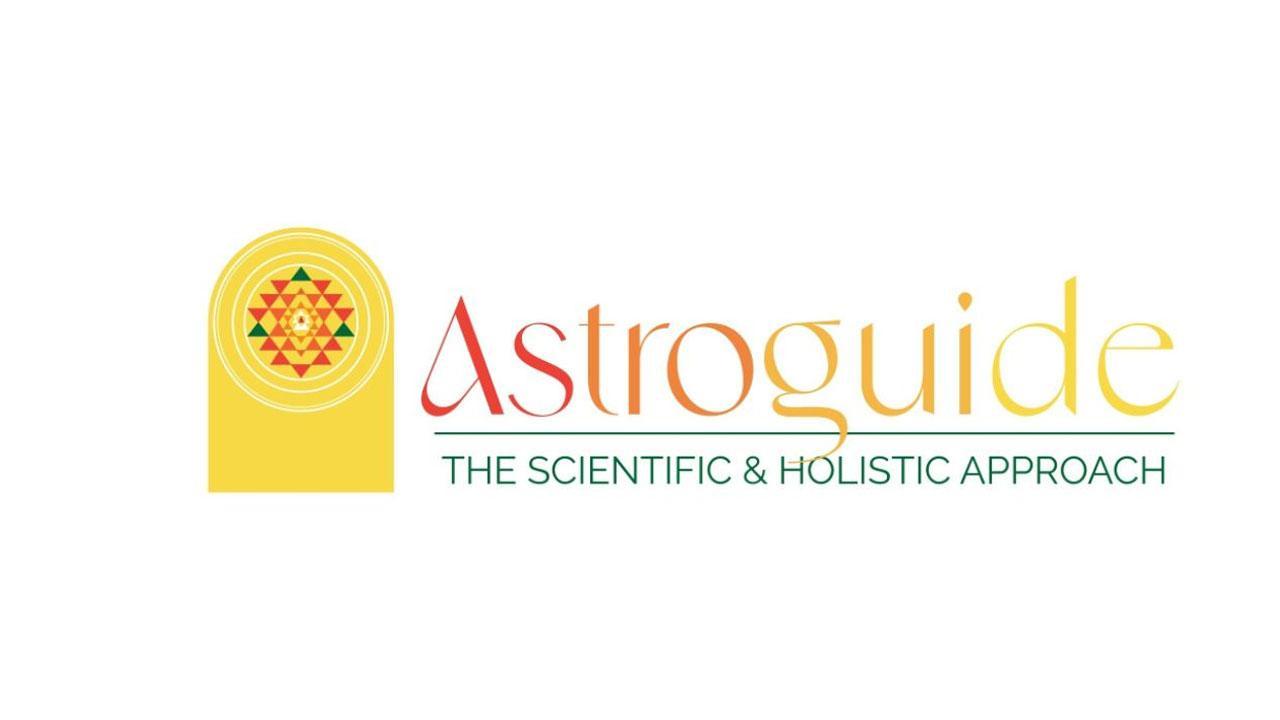Hardik Dave is a well-known astrologer in the field of Vedic Astrology. He has 10 years of experience in the Vedic Astrology.

By Astrologer Hardik Dave from AstroGuide4U, The scientific and holistic approach
Astrology, like any field that involves personal guidance and self-reflection, requires a strong ethical foundation to ensure its practice remains constructive, respectful, and empowering. Ethical considerations in astrology not only uphold the credibility of the astrologer but also protect the dignity and autonomy of the client. This article explores the crucial aspects of ethics that every responsible astrologer should observe. First and foremost, informed consent is fundamental. Astrology should never be presented as a form of absolute prediction or deterministic science. Astrologers must clearly communicate that astrology is a tool for self-reflection and guidance, not a way to foresee the future with certainty. Transparency is key, as clients should fully understand what astrology can and cannot provide. Furthermore, participation in an astrological session should always be voluntary. Any form of coercion, pressure, or undue influence compromises the integrity of the practice.
Confidentiality is another pillar of ethical astrology. Personal information shared during a reading, such as birth details or personal circumstances, should be treated with the utmost respect and privacy. This confidentiality builds trust and ensures a safe space for individuals to explore their personal concerns without fear of exposure. Astrologers must maintain professional boundaries and avoid sharing client information with others unless explicit permission has been granted.
Empowerment over dependency is vital in maintaining ethical standards. A responsible astrologer helps clients understand their challenges, opportunities, and personal growth, without creating dependency on astrological advice. Astrologers should frame their insights in ways that encourage autonomy, allowing individuals to make informed decisions based on their free will. It's also crucial to avoid fear- mongering; negative aspects of a chart should be handled constructively, highlighting potential solutions rather than creating anxiety or fear.
Astrology respects the principle of free will. While astrology offers insights into tendencies and potential influences, it should never be used to dictate a person’s future. Astrologers must emphasise that clients have control over their lives and can shape their own outcomes. A balanced interpretation that presents various possibilities, without resorting to deterministic conclusions, is an essential part of ethical practice. Cultural sensitivity and respect for individual beliefs are equally important. Astrology should never be imposed on individuals whose religious or cultural values may conflict with its practices. Astrologers must use inclusive and respectful language, ensuring that their guidance resonates with the client’s background and belief system.
Avoiding financial exploitation is a critical responsibility for astrologers. Ethical practitioners ensure their fees are fair, transparent, and in line with the value of the service they offer. Charging exorbitant fees or making promises of specific outcomes in exchange for money is not only unethical but also diminishes the integrity of astrology as a profession. Continuous professional development is another key component of ethical astrology. Astrologers should stay updated on emerging practices and new developments within the field. Reflecting on their own practice ensures that they maintain ethical standards and provide the best possible guidance to their clients.
Astrologers should be aware of the power dynamics in their relationships with clients. There is an inherent level of trust and influence in these interactions, and it is the astrologer’s responsibility to use this influence wisely. Manipulation, whether for personal gain or to push a specific agenda, is unethical and must be avoided at all costs. Lastly, honesty and integrity are non-negotiable in astrology. Astrologers should be transparent about their expertise and limitations, referring clients to other professionals when necessary. Truthful marketing and ethical promotion of services are also essential, ensuring that any claims made are honest and not misleading. By adhering to these ethical guidelines, astrologers can ensure that their practice remains a force for good, offering valuable insights while safeguarding the well-being and dignity of their clients. Ethics in astrology isn’t just about following rules – it’s about fostering trust, respect, and empowerment in every interaction.
About the Author
Hardik Dave is a well-known astrologer in the field of Vedic Astrology. He has 10 years of experience in the Vedic Astrology. His core expertise is Match Making, Remedy Consultation, Gemstone Consultation, Marriage Consultation, Love and Relationship, Travel Abroad Consultation. He has learned astrology from his ancestors. His remedies are easy to understand and implement. He has been consulting to all his esteemed clients to change lifestyle with the help of astrology.
Disclaimer: Astrology is not a proven science or an exact method for understanding every aspect of life. It offers spiritual guidance, which individuals may choose to accept or disregard. It is not advisable to rely solely on astrology for answers. An astrological reading represents a personal opinion that individuals should consider carefully before accepting. The views and opinions expressed in this sponsored article are those of the sponsor/author/agency and do not reflect the stance or views of Mid-Day.
 Subscribe today by clicking the link and stay updated with the latest news!" Click here!
Subscribe today by clicking the link and stay updated with the latest news!" Click here!








